Internet Society and Alliance for Affordable Internet Partner to Promote Community Networks and Expand Access for All

The Internet Society and the Alliance for Affordable Internet (A4AI), an initiative of the World Wide Web Foundation, have entered into a Memorandum of Understanding (MoU) to further their existing partnership to collaborate on promoting community networks to expand meaningful connectivity, and other areas of joint interest.
A4AI is a global coalition working to drive down the cost of Internet access in low- and middle-income countries through policy and regulatory reform. The Internet Society is a member of A4AI, and the two organizations share a vision of an open, globally connected, secure, and trustworthy Internet for everyone.
Both organizations have emphasized the importance of solid research, capacity building, and advocacy to develop the policies needed to reduce the cost to connect and enable everyone, everywhere to access Internet connectivity. A4AI and ISOC believe community networks provide a sustainable solution to address connectivity gaps that exist in underserved urban, remote, and rural areas around the world.
This MoU formalizes a longstanding relationship between the two organizations. In the past, we’ve worked together to collaborate on common policy and regulatory objectives across numerous UN and international fora to promote and advocate for the expansion of public access solutions through community networks, Continue reading
The Week in Internet News: Twitter Removes 170,000 Pro-China Accounts
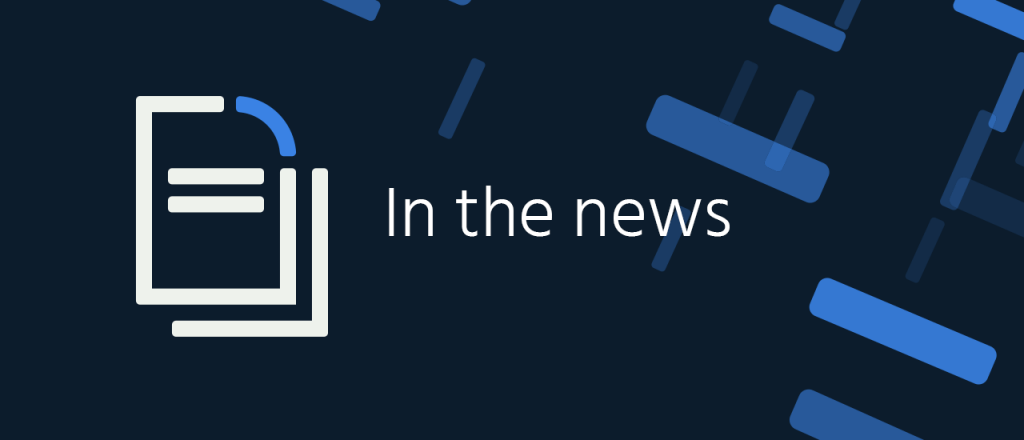
No more tweets for you: Twitter has removed 170,000 accounts it says are tied to a coordinated pro-China campaign, BBC.com reports. A core network of nearly 24,000 accounts along with 150,000 “amplifier” accounts were among those removed, the company said. The accounts were pushing pro-communist messages while criticizing protestors in Hong Hong.
No more Zoom for you: Meanwhile, video conferencing giant Zoom has shut down the account of a pro-democracy activist on the request of the Chinese government, The Independent writes. The account was closed after Zhou Fengsuo and other activists held a digital event commemorating the 1989 Tienanmen Square Massacre. After criticism, Zoom reactivated the account.
Closing the gap: Sub-Saharan Africa is the Internet’s next frontier, writes Forbes contributor Miriam Tuerk. “Expanding network connectivity across sub-Saharan Africa will open up digital services that many of us now take for granted,” she says. “Mobile Banking, WhatsApp chatting and video, e-health, e-education are key services only possible with reliable internet connectivity.”
Where’s the WiFi? The state of Michigan has launched a map of free WiFi hotspots in an effort to aid residents without Internet access during the COVID-19 pandemic, WKZO.com reports. “While public Wi-Fi hot spots are not a Continue reading
Listen to the Hedge Podcast 39 to Learn about the Open Standards Everywhere Project

What is our Open Standards Everywhere (OSE) project all about? How did it get started? What are the project goals? What are some of the challenges web server operators face? How can we work together to make web servers more secure and available?
Recently Russ White and his team interviewed me on The Hedge Podcast Episode 39 to discuss all these questions and much more. I’ve known Russ for a good number of years and it was fun to talk with him and his co-hosts Eyvonne Sharp and Tom Ammon about all things related to the OSE project. I hope you enjoy listening to the episode as much as we enjoyed having the conversation!
I would encourage you to listen to some of the other Hedge podcast episodes, too, as they have some great content. A few I personally enjoyed included: episode 37 about DNS privacy; episode 31 about network operator groups (NOGs); and episode 30 with Ethan Banks from the Packet Pushers Network about why understanding the fundamentals of networking is so important.
Thank you to Russ, Eyvonne, and Tom for having me on the show!
Want to be more involved Continue reading
MANRS Fellowship Program Now Open

The first-ever MANRS (Mutually Agreed Norms for Routing Security) Fellowship Program is now accepting applications. If you are an emerging leader eager to improve the well-being of the Internet’s global routing system, apply now.
The program gives highly motivated individuals the chance to work alongside MANRS ambassadors, who are industry leaders participating in the Ambassador Program. Together, they will train diverse communities on good routing practices, analyze routing incidents, research into ways to secure routing, and survey the global policy landscape.
Fellows will improve their skills and bring new perspectives and ideas to MANRS. They will also gain valuable insights and networking opportunities from well-respected professionals called MANRS Ambassadors under the MANRS Ambassadors Program. The selection process for this program is currently underway.
The Internet Society supports this program as part of its work to reduce common routing threats and establish norms for network operations.
You can apply for a fellowship in three different areas: training, research, and policy. Each fellow will receive a stipend of $750 a month. There is no age requirement and you can apply for more than one category but will only be selected for one of them.
Online training
Responsible for: Conducting MANRS online tutorial Continue reading
Strengthening Communities, Improving Lives and Livelihoods: The Internet Society Foundation Launches SCILLS
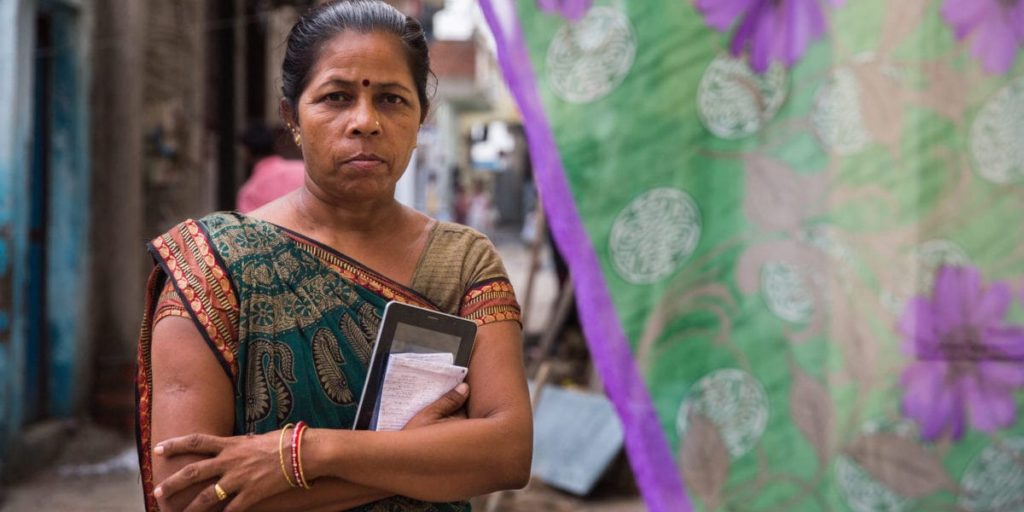
When people connect to the Internet, they can change the world for the better. And so many people have done just that, using this transformative technology to make strides in education, economic opportunity, and health outcomes. But Internet access is only part of the equation. There’s now a different kind of divide: the gap between those who have the knowledge and skills to use the Internet to empower themselves and their communities – and those who don’t.
To address this gap, the Internet Society Foundation is launching SCILLS: Strengthening Communities, Improving Lives and Livelihoods. The program aims to expand economic growth, improve health outcomes, and increase educational opportunities – by supporting communities to more knowledgeably and skillfully use the Internet.
Are you working to close this gap? The Internet Society Foundation wants to hear from you!
In its pilot year, the program is open to eligible organizations in Bangladesh, Colombia, and Senegal, with expansion to additional countries planned in coming years. It provides grants of up to $150,000 USD for projects lasting up to 24 months. Applications are open between 9 June and 3 July, and grantees will be announced in early September.
The Internet is for everyone – a critical lifeline that can Continue reading
Making the Most of Our MANRS Partnerships – NIC.br and Brazil Lead the MANRS Pack

Read this blog in Portuguese
Improving the state of routing security is no small task. It requires network operators, IXPs, and CDN and cloud providers of all sizes across the globe to work together, improve their own networks, and open lines of communications with both their friends and competitors to make a real difference.
One of the ways we’ve been able to spread the MANRS message so far and wide is through partnerships. We’re lucky to have dedicated, strong partners in several regions of the world. In this post, we’ll talk about one partnership in particular – NIC.br – and how their efforts have changed the landscape for routing security in Brazil and beyond.
A Little History
NIC.br is responsible for the administrative and operational functions related to the .br (Brazil) domain. In addition, NIC.br goes beyond similar entities in other countries, investing in actions and projects that bring a series of benefits to the improvement of activities related to the available Internet infrastructure in Brazil.
In 2017, NIC.br hosted a Safer Internet Program, which the Internet Society supported. NIC.br invited Andrei Robachevsky to speak on a fairly new initiative called MANRS addressing routing security as Continue reading
The Week in Internet News: Zoom Says End-to-End Encryption Only for Paying Users
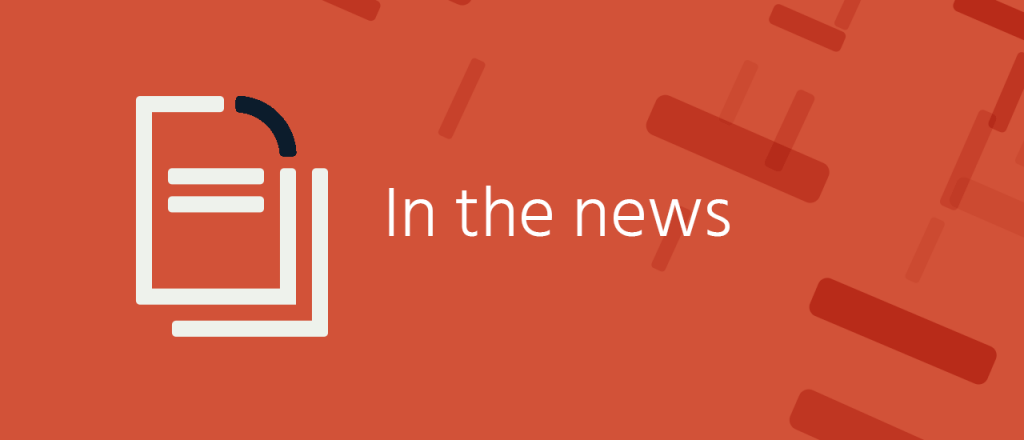
No free encryption: Popular videoconferencing service Zoom has promised to roll out end-to-end encryption, but it won’t provide encrypted service to free users, The Verge reports. The decision allows Zoom to share information about free conference with law enforcement agencies. Zoom doesn’t want to give free users end-to-end encryption “because we also want to work together with the FBI, with local law enforcement, in case some people use Zoom for a bad purpose,” Zoom CEO Eric Yuan said.
A big spike: Internet use has gone up dramatically in rural India in recent weeks, with people flocking to YouTube, Netflix, and other services during the COVID-19 pandemic, Inc42.com reports. Data consumption on the BharatNet fiber backbone nearly tripled, to 150 Terabytes in May from 55 TB in January. During the same timeframe, Netflix use in rural India grew by 422 percent, with YouTube and Facebook growing by 219 percent and 374 percent, respectively.
Broadband challenges: The government of Nigeria has a new broadband plan with a goal of increasing download speeds to 25 Mbps in urban areas and 10 Mbps in rural areas, Quartz Africa says. The country now has a mean download speed of less than 1.6 Mbps. But Continue reading
On this 8th World IPv6 Launchiversary, Help Us Get More Websites Available Over IPv6
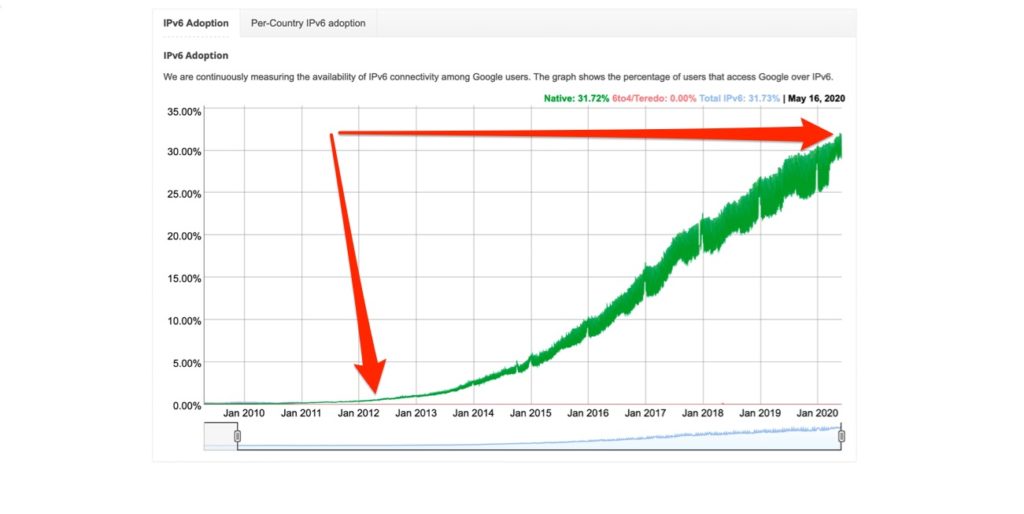
Eight years ago, on June 6, 2012, thousands of companies and organizations came together as part of World IPv6 Launch to permanently enable IPv6 for their websites and networks.
Today, we can see the success! If you visit the World IPv6 Launch measurements site, you can see some amazing numbers:
- Reliance Jio’s network in India has over 90% IPv6 deployment!
- Comcast’s huge network in the US is at 73% IPv6.
- The combined US wireless carriers are over 85% IPv6.
- Deutsche Telekom is over 68% IPv6.
- Claro in Brazil is at 62% IPv6.
Another major source of info, Google’s IPv6 statistics, show that over 30% of all traffic to Googles sites globally is now over IPv6. If you look at Google’s per-country IPv6 adoption, some countries are seeing up around 50% of all traffic to Google’s properties going over IPv6.
This is all fantastic to see. But of course, we want more IPv6 deployment!
Specifically, we want more web sites and services available over IPv6. Increasing numbers of IPv6-only mobile networks are being deployed around the world. To ensure that people can reach websites that are still only available over IPv4, many IPv6-only networks use IPv6-to-IPv4 gateways. But we Continue reading
Making Intermediaries Liable for Encrypted Content Breaks Trust and Security
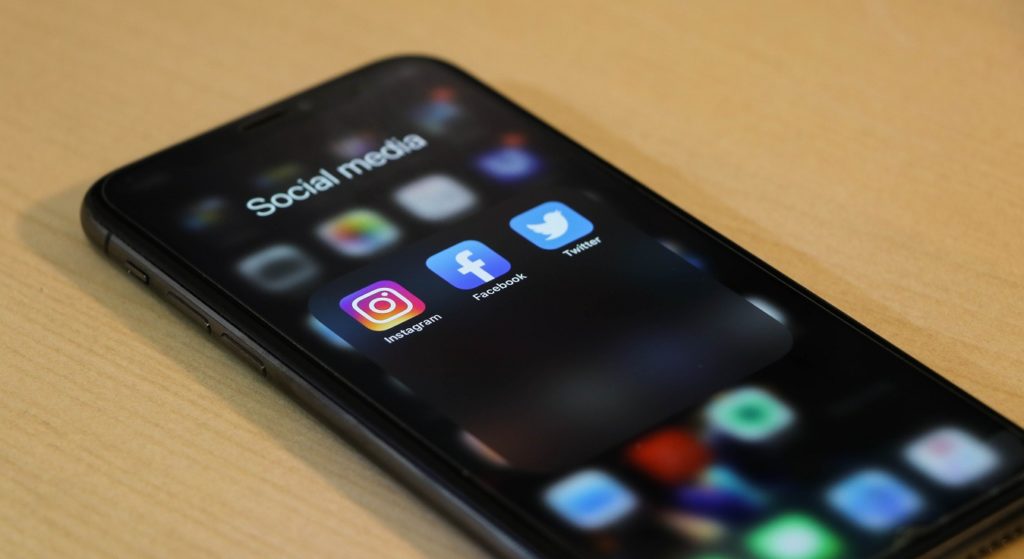
In December 2018, the Indian Ministry of Electronics & Information Technology (MeitY) proposed a significant change to its intermediary rules. The draft Information Technology [Intermediaries Guidelines (Amendment) Rules] 2018 seeks to tie tech platforms’ (e.g., social media) protections from liability to an obligation to monitor and filter their users’ content. One of the proposed obligations is to ensure the traceability of messages, even if a service is end-to-end encrypted.
India is just one of many countries around the world experimenting with the idea that Internet intermediaries – specifically social media companies, like Facebook and Twitter – should no longer have immunity from liability for the content shared by their users. Other examples include the U.S. Eliminating Abusive and Rampant Neglect of Interactive Technologies Act of 2020 (the EARN IT Act), and the recent U.S. Executive Order on Preventing Online Censorship.
The motivation for changing the status quo varies, from wanting traceability of messages to counter the spread of disinformation or CSEM, to stopping objectionable content from being spread on social media, to preventing political messages from being labeled (e.g., as “misleading information”). Similarly, the approaches being considered to achieve this vary, ranging from Continue reading
COVID-19 Response Must Include Massive Funding for Fiber-Optic Internet Access

By now, many of us are realizing we’ve been taking access to basic things for granted, such as social interaction, health care, on-site education, and…the Internet. While always valuable, the Internet is now a lifeline offering a fortunate few the ability to adapt and maintain a semblance of reality and connection to our employment, health services, and our family and friends. But those who don’t have access to fast, reliable broadband Internet are experiencing the pain of staying at home. Last year, an analysis by Microsoft indicated that 162.8 million Americans aren’t able to use the Internet at broadband speeds. That’s unacceptable, and while there are steps that communities continue to take to build their own networks, Congress needs to lead by taking steps to ensure that broadband access is available at an affordable price to all Americans.
While some cities and states have begun to relax orders, our return to normal life is still a long way off.
Congress took the first important step with the CARES Act, but it did not go far enough. The HEROES Act and the COVID-19 DISASTER in Indian Country Act are a more serious step toward addressing the connectivity needs of localities, and we applaud these Congressional actions. Now, it is time to move this critical legislation Continue reading
In a Time of Crisis, A Global Lockdown Needs a Digital Unlocking

We are at a very special moment in history right now. Never before in modern times have we seen such a global impact and a global response to a crisis which largely ignores geopolitical borders. The COVID-19 outbreak and its repercussions have put cities, countries, entire regions on hold.
One saving grace of this crisis is that the global digital infrastructure – the terrestrial and mobile networks, the data centers, the undersea cables, and the satellite connections that support the global Internet – is by now well enough developed for people in many countries to stay in constant contact despite isolation.
This means that, today, lockdown does not necessarily need to mean shut down.
Digital applications are key to enduring the crisis
Digital communication is vital to this. It enables companies to send their workforce home to work. It enables people to stay in contact with loved ones they can’t meet with. It enables children and students of all ages to continue with their education. Even the researchers who we all pin our hopes on finding a vaccine are using digital applications to remain in contact and share data in their efforts to understand the virus.
So digital applications that Continue reading
Playing Politics with Section 230 Makes the Internet Weaker, Not Stronger

This opinion piece was originally published in The Hill.
Thursday the president of the United States signed an executive order that aims to address the liability regime of social media companies. A wide variety of reports have highlighted the problems with this move, but there is one problem that we find especially troubling: the danger of politicizing what is fundamentally a legal debate around party lines.
The president needs to stay out of this debate.
The Internet and politics have always had an awkward relationship. There have been numerous attempts to bring the Internet into mainstream politics over the years, most of which have been unsuccessful. The main reason is that the Internet is not a static “thing,” but a model for how networks and computers can interconnect through voluntary collaboration. A key characteristic of this model is that it’s decentralized, which means it doesn’t have a central point of control that dictates how the Internet should evolve. There is no switch that one can turn on and off, and as soon as policymakers or regulators try to impose one they inevitably chip away at the Internet itself. This characteristic has always been its most powerful asset, and the reason it Continue reading
The Week in Internet News: Executive Order Targets Social Media
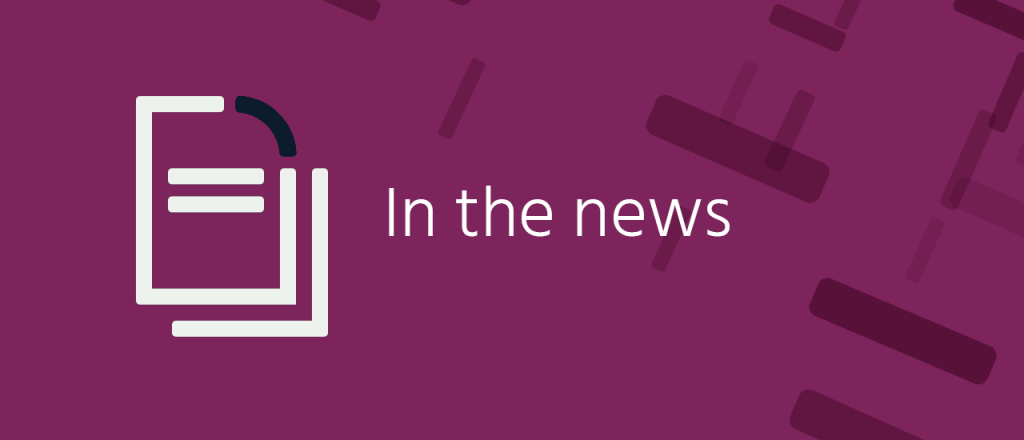
Trump vs. Twitter: U.S. President Donald Trump, one of Twitter’s most prolific users, has signed an executive order directing government agencies to target social media sites after Twitter fact-checked one of his tweets about voting by mail. The executive order argues social media platforms should lose their lawsuit protections for content posted by users, by directing the Federal Communications Commission to begin a rule-making proceeding to determine when those protections should be stripped away, NPR reports.
Internet freedom? Meanwhile, Business Insider notes that Trump said he’d shut down Twitter if he could, even as he tried to emphasize his “commitment to free and open debate on the Internet.” Trump, with more than 80 million followers on Twitter, complained about social media platforms stifling conservative voices.
Robots vs. COVID-19: A shopping center in Thailand is deploying artificial intelligence-powered robots to fight COVID-19, Euronews.com reports. The mall has thermal scanners to check shoppers’ temperatures, and robots carry public health messages and hand sanitizer.
AI on the beach: In Israel, startup Sightbit is using AI and video cameras to help lifeguards on busy beaches, NoCamels reports. The company is running a pilot program at one of Israel’s most popular beaches. Continue reading
How Has COVID-19 Impacted Last Mile Networks?

If your household is anything like mine, your Internet connection has experienced a significant increase in usage over these last several months. We’re streaming more and more media each day, and we’re on seemingly endless hours of videoconferences for work and for school. While all of that streaming media consumes downstream capacity, those videoconferences can generate a significant amount of upstream traffic. I’m fortunate enough to have fiber-based broadband connectivity that can easily handle this traffic, but I know others aren’t as lucky. They’re stuck with copper-based connections or satellite links that struggle to deliver streaming media or video calls with any sort of viewable quality.
Across this spectrum of “last mile” Internet connections, I looked at the impact from both a provider and user perspective. What kind of traffic growth have last mile network providers experienced? What steps have these providers taken to ensure they have sufficient capacity? And most importantly for end users, how has increased traffic impacted last mile connection speeds?
The network connections from customer- and subscriber-facing Internet service providers are often referred to as last mile networks. These are Internet services delivered over a notional distance – the “last mile” – to subscriber premises, such Continue reading
There’s No Duty of Care without Strong Encryption

On 15 May, the Telegraph reported that The Five Eyes intelligence alliance planned to meet to explore legal options to block plans to implement end-to-end encryption on Facebook Messenger. According to the UK-based newspaper, the discussions between the governments of the United States, the United Kingdom, Australia, Canada, and New Zealand would focus on how the “duty of care,” a basic concept found in tort law, could be stretched to force online platforms to remove or refrain from implementing end-to-end encryption. (A duty of care is the legal responsibility of a person or organization to avoid any behaviors or omissions that could reasonably be foreseen to cause harm to others.)
If this is true, this is an attempt to justify their calls for encryption backdoors.
It’s easy to predict what such a strategy might look like – the playbook is familiar. In this case, if duty of care becomes the rationale for banning end-to-end encryption, it could be used as a framework to ban future deployments. Additionally, similar to other legislation, including the Online Harms, there will be an argument that social media companies have a special duty of care to protect vulnerable groups. This is nothing more Continue reading
The Week in Internet News: Hong Kong Residents Flock to VPNs

Surveillance is coming: Hong Kong residents are rushing to download virtual private network apps after the Chinese government announced it intends to pass a new national security law covering the region, the South China Morning Post reports. Residents are worried that the Chinese government will restrict Internet access and put new surveillance measures in place in the quasi-independent region.
Fastest Internet ever: A team of researchers in Australia has logged data speeds of a blazing 44.2 terabits per second, claiming the fastest Internet speeds ever, the BBC reports. Researchers set the new record speed by using a device that replaces around 80 lasers found in some existing telecom hardware with a single piece of equipment called a “micro-comb.”
AI vs. coronavirus: Chinese ride-hailing provider Didi Chuxing says it will start using artificial intelligence to verify if drivers in its Latin American markets wear masks and disinfect cars to keep riders safe during the coronavirus pandemic, Al Jazeera says. Beginning on May 22, Didi’s drivers in Latin America needed to take a selfie with mask on to pass the AI verification, and starring in June they will need to report their body temperature to the phone app and upload Continue reading
Member News: Internet Society Chapters Assist Communities with Telework, Remote Education
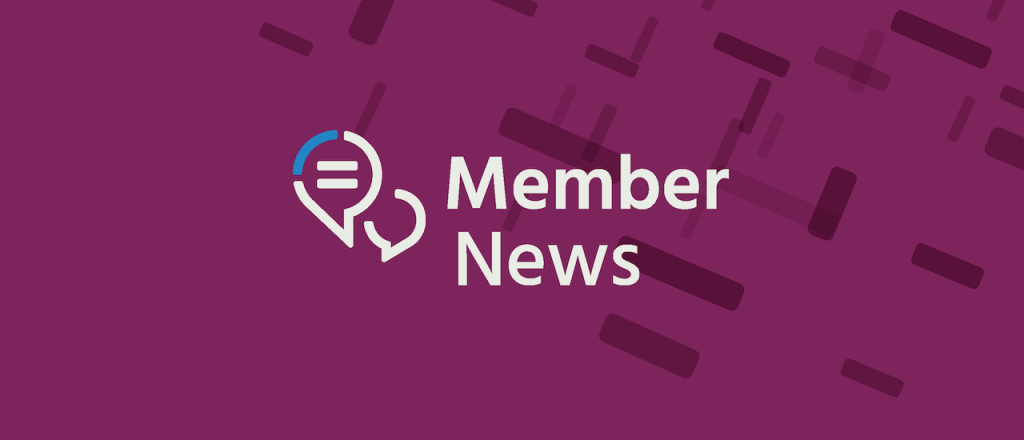
Keep working: In recent months, several Internet Society Chapters have focused on helping people to keep working during COVID-19 lockdowns. The Benin Chapter recently published a guide to remote work, with recommendations for videoconferencing apps, project management software, and file storage services. “We are facing a real health crisis, COVID-19, which is shaking up our habits and pushing companies to adapt to new working methods,” the Chapter’s post says. “Authorizing employees to telecommute is the ideal solution for the continuity of your activity and avoiding contagion within your teams.”
Building your brand: Meanwhile, the Israel Chapter hosted a webinar on employment and careers in the digital industry. Speaker Shani Haddad, CEO and founder of Brainnu, talked about the importance of people marketing themselves and telling their own stories.
Learning at a distance: It’s not just workers dealing with new situations during the COVID-19 pandemic. The Samoan Chapter has posted about distance learning, noting that the Samoa Information Technology Association has developed an e-learning platform for students attending school from home. Education is “one of the key areas that is being heavily affected by the lockdown,” the post notes.
No censorship: The Chapter in Spain has raised concerns Continue reading
Central African Peering Forum: A Defining Moment for Peering and Interconnection
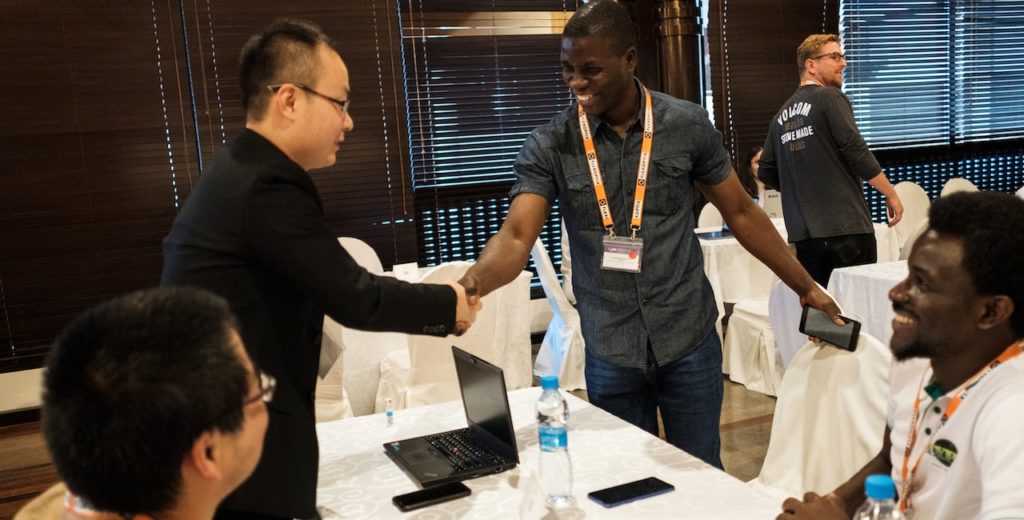
The first-ever Central African Peering Forum comes at a defining moment for Internet peering and interconnection. In the midst of the COVID-19 pandemic, countries have implemented measures to restrict people from moving from their homes, while only allowing essential movements and services.
But life cannot stop.
Kids still need to study and attend school. People still need to access financial services, conduct personal and business transactions, access government services, pay their taxes, and access health services. Most importantly, people need to access accurate and timely information. But now these services must be provided at a larger scale – via reliable Internet infrastructure. Moreover, some of this content and these services do not exist in digital format. They need to be created, sometimes in the language of local communities.
COVID-19 has uncovered gaps, missing elements, and key challenges, which need to be addressed so that life can smoothly transition to the new normal. Failing to address these challenges may result in severe socioeconomic consequences.
We are now a few months down the path since lockdown measures have been implemented in most countries. It is time to reflect on the lessons learnt so far, with respect to the reliability of the Internet Continue reading
Are We Ready to Work from Home in the Middle East?

Even before COVID-19, political and economic scenes within the MENA region were changing. Differences across economies, politics, religion, and even the weather kept governments occupied.
Amid all that, the region has been shaken by COVID-19 as nations have moved operations into the home.
Looking at this from a technology perspective, we must ask ourselves: Are we ready for this? Are we able to transfer all our businesses and schools to our homes? Do we have an adequate Internet-based economy and good quality connectivity to back up the huge demand?
There’s no question that the Internet provides significant economic and social benefits. COVID-19 has made that especially clear. For many parts of the world, it has allowed us to carry on. But for the first time, governments have had to face the reality that there is no time for pilot projects. This is happening and it is happening now.
COVID-19 has opened the world’s eyes to how critical the Internet is for the economy. How can the Middle East build on what COVID-19 has taught us about the Internet and connectivity? The Internet Society has released two papers that can help develop the answers: “Middle East & North Africa Internet Continue reading
The Week in Internet News: COVID-19 Tracing Creates Opportunities, Raises Concerns

Electronic doorman: In many restaurants, offices, and other locations in China, visitors must now show their COVID-19 risk status through a phone app before they are allowed entry, reports Agence-France Presse on Yahoo News. “A green light lets you in anywhere. A yellow light could send you into home confinement. The dreaded red light throws a person into a strict two-week quarantine at a hotel.” This use of contact tracing is raising privacy alarms in other countries.
Conflicting apps: Meanwhile, the Australian government’s new COVID-19 tracing app may interfere with Bluetooth-connected medical devices, including those used by people with diabetes, the Sydney Morning Herald reports. Diabetes Australia has warned users of continuous glucose monitoring apps that there may be connection problems.
Keeping track of yourself: In Japan, a 16-year-old student has designed an app that allows users to keep track of their whereabouts on their mobile phones, to help with contact tracing, The Associated Press reports on Japan Times. If a user is diagnosed with COVID-19, the Asiato app can tell them where they’ve been in recent weeks. This allows users to reach out to people they may have infected or to inform health authorities.
A digital human touch: Continue reading